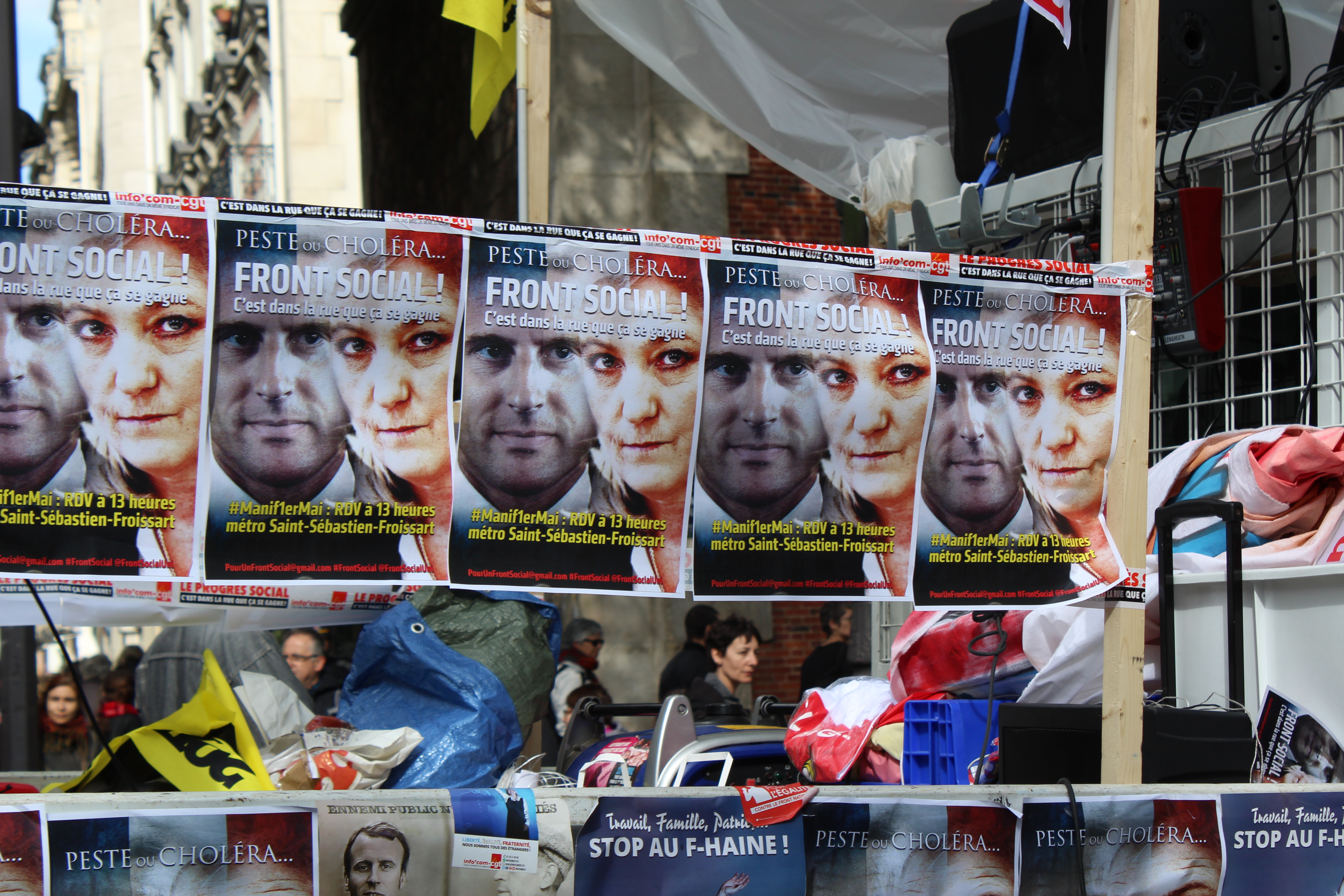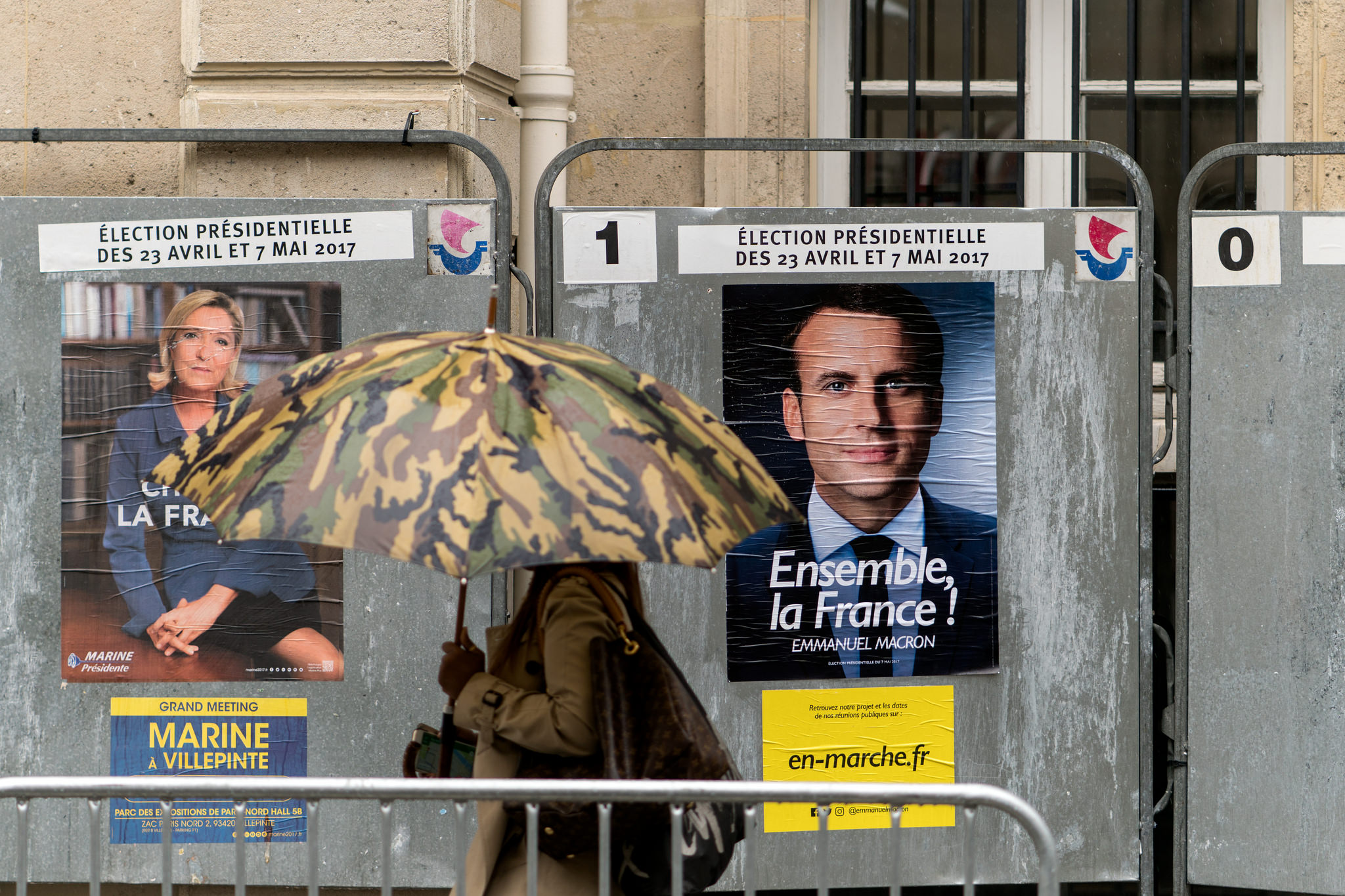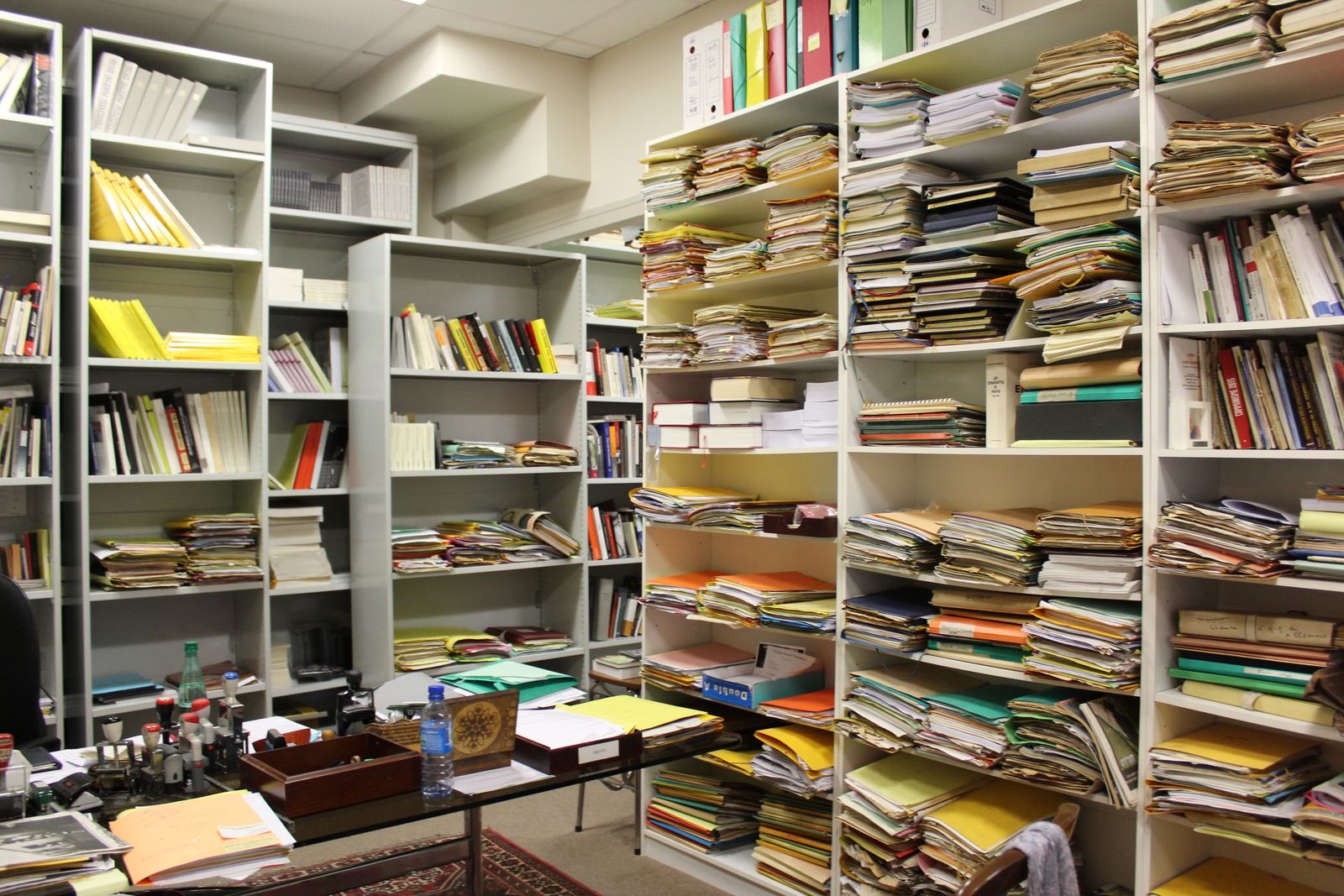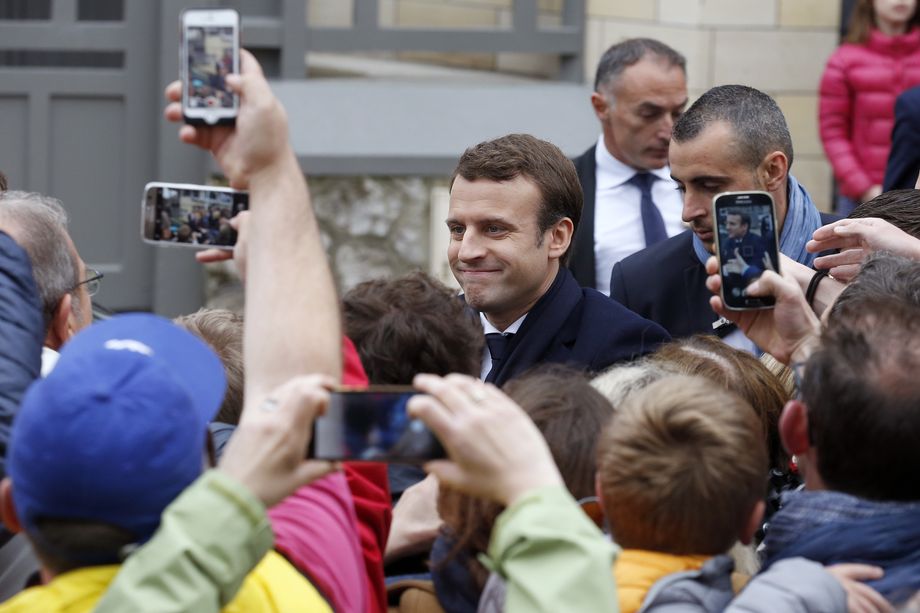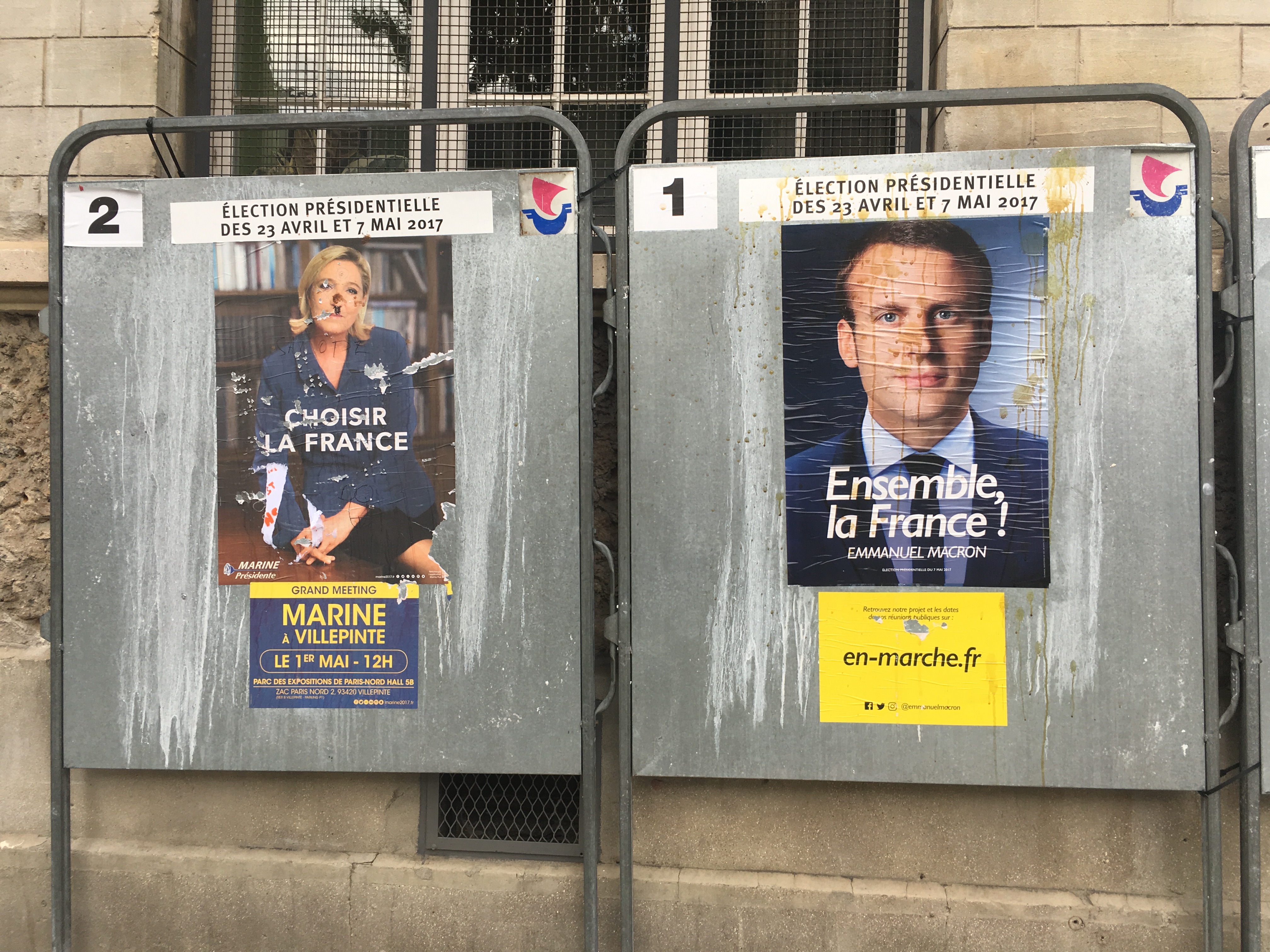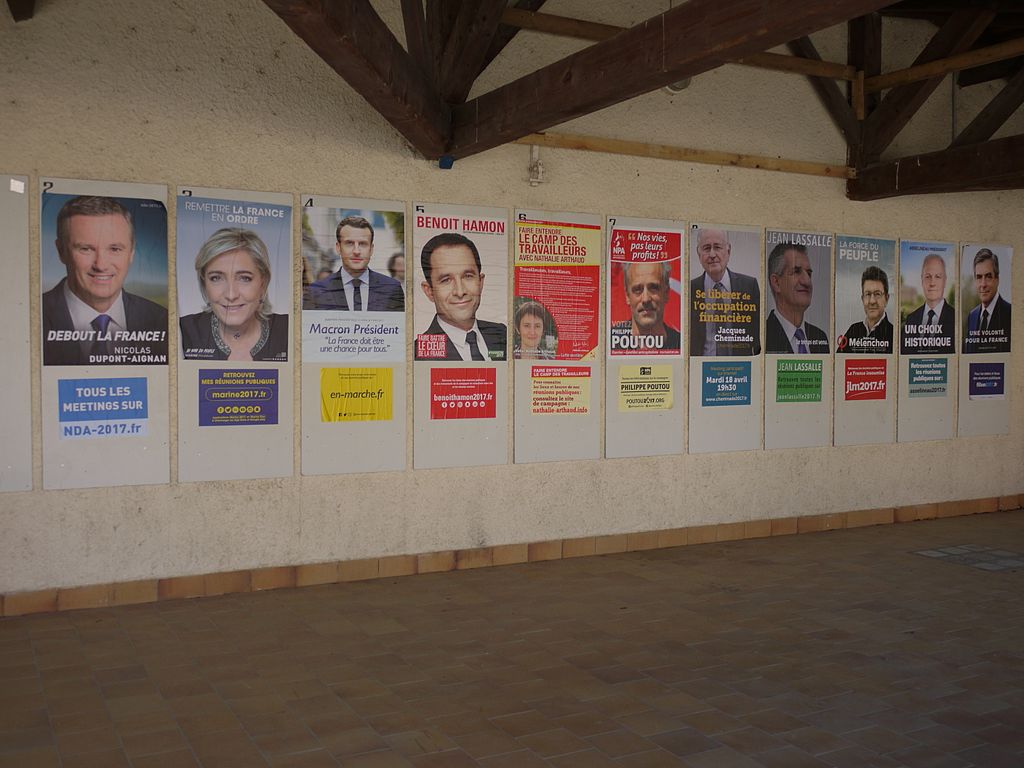Project April 21, 2017
The French Election and Its Role in the Future of Europe
Country:

Marine Le Pen, the far right candidate for president in France and head of the Front National, spent much of 2016 and into early 2017 polling at the top of a crowded field of candidates. While many political watchers reassure the public that a far right win of the presidency is all but impossible, in a year that saw populist victories in the United States and Britain, such assurances feel hollow.
During her campaign Le Pen has called for a return to a mythical, homogenized France of the past. The idea is coded in many ways, for a world that was whiter, more blue collar, and largely Catholic. It questions the place for immigrants and minorities. And she has spent a great deal of time vocally opposing globalization, the European Union, the common currency and the very idea of a modern unified Europe.
Le Pen's party was, for decades, seen as anti-Semitic and Xenophobic—her father, Jean-Marie Le Pen, was a founder of the party and was famously charged with Holocaust denialism for calling the Nazi gas chambers a mere "detail" of the history of the Second World War.
Marine Le Pen herself has sought to distance the party from its anti-Semitic roots—the French even have a term for this: dediabolisation or un-demonization. She has turned her sights on immigration—she is opposed—globalization, and "Islamic Fundamentalism" in the name of the preservation of "French values."
Counterintuitively, her efforts to create a more unified singular "France" that subsumes all identities has produced in many ways the opposite effect. Regardless of whether she ultimately wins the presidency, she has already changed the terms of the debate and may fundamentally transform France and be felt there for years to come.
In a series of stories for Vox, journalist Sarah Wildman explains Le Pen and the other candidates, their ideas and their roots, and then speaks to the communities that run up against Le Pen's ideas of France. At the same time, she also looks at the role of history and memory in this election as the specter of the Second World War hangs heavily over this story, as it does over much of Europe.

